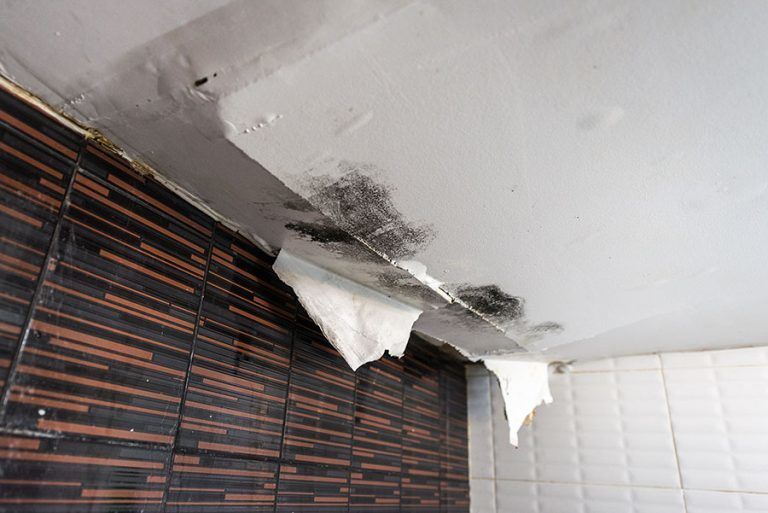
You can count on a high-quality roof to protect your home for at least 20 years, but it won’t last forever. An aging roof is vulnerable to all kinds of problems, from normal wear and tear to hail damage from a severe storm. One of the most insidious threats to your roof by far is moisture, mostly because people don’t always think of it as something that can do a lot of damage. A little bit of rain or snow won’t cause any problems, but an excess of moisture can all but destroy a roof that isn’t properly maintained. Here are just some of the ways that moisture can damage a roof.
Leaks
This is probably the most common roofing problem that can be caused by moisture. When water collects on a roof due to a ice dam or poor gutters, it can slowly corrode the roof itself. The water eventually wears a hole in your roof and seeps into your home. From there, it can cause water damage to your walls or your floor. To make matters worse, you might not be entirely aware that this is happening if the leak is small enough. Seeing water drip from your ceiling is the most obvious sign of a leak, but you also might notice brown stains on your walls or your ceiling. These are signs of water damage, so contact a roofing contractor if you see these in your home.
Corrosion and Rotting
As moisture takes hold in your roof or the rest of your home, you might notice signs of corrosion and rotting. This might appear in the form of a brown stain where the moisture is at its worst, or you might experience a musty, mildew-like smell in your home. If the corrosion is particularly bad, your walls and ceiling might be soft and spongy to the touch.
Mold and Mildew
Mold and mildew might be the most dangerous problem associated with moisture in your roof. Mold, particularly black mold, presents a serious health risk to your family and should be removed as quickly as possible. It tends to grow in areas that have been particularly moist for some time, so you can assume that your moisture problem has gotten too big for anyone to ignore by the time you see it.
The good news about moisture in your roof is that it’s relatively easy to prevent. Moisture tends to affect roofs that have already suffered severe damage, so make sure to contact Blue Collar Roofers and schedule an inspection to make sure your roof is in good shape.







